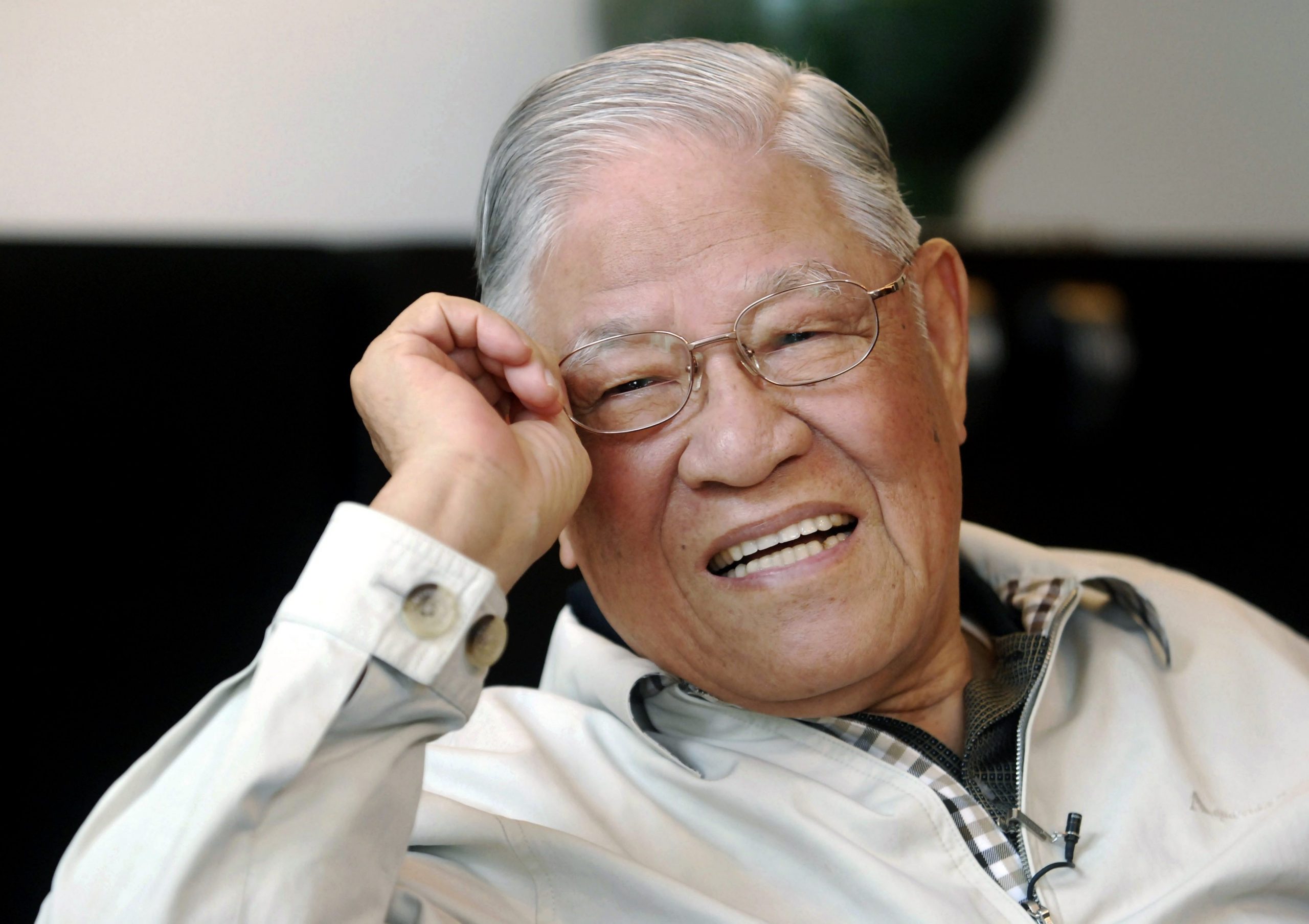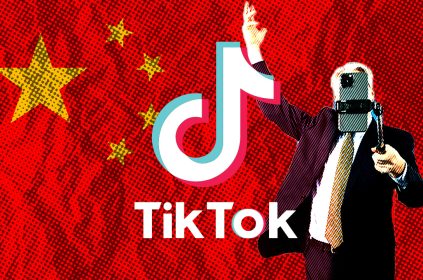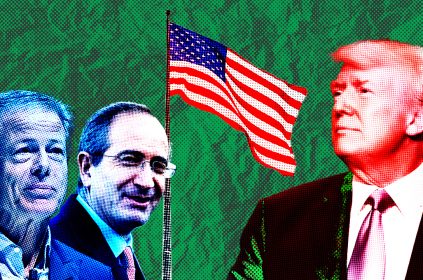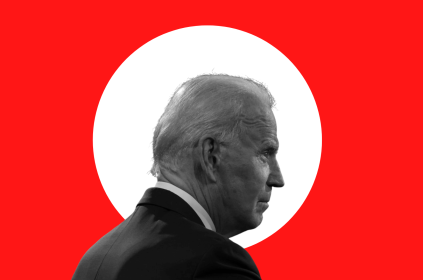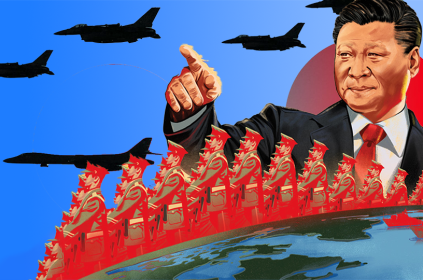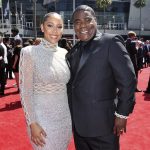TAIPEI, Taiwan — Taiwan’s former President Lee Teng-hui, who brought direct elections and other democratic changes to the self-governed island despite missile launches and other fierce saber-rattling by China, died Thursday evening, according to local media reports. He was 97.
Lee strove to create a separate, non-Chinese identity for Taiwan, angering not only China, which considers the island part of its territory, but also members of his Nationalist Party who hoped to return victorious to the mainland.
Lee later openly endorsed formal independence for the island but illness in his later years prompted him to largely withdraw from public life.
Physically imposing and charismatic, Lee spanned Taiwan’s modern history and was native to the island, unlike many who arrived with Chiang Kai-shek in 1949, at the end of the Chinese civil war.
At times gruff, at times personable, he left little doubt he was the man in charge in almost any setting.
“A leader must be tough and strong enough so he can put an end to disputes and chaotic situations,” he wrote in his autobiography.
He was born in a farming community near Taipei on Jan 15, 1923, near the midpoint of Japan’s half-century colonial rule. The son of a Japanese police aide, he volunteered in the Imperial Japanese Army and returned to Taiwan as a newly commissioned second lieutenant to help man an anti-aircraft battery.
He earned degrees in Japan and Taiwan, as well as at Iowa State University and Cornell University in New York. He worked for the U.S.-sponsored Joint Commission on Rural Reconstruction, which sought to encourage land reform and modernize Taiwanese agriculture.
In 1971, Lee joined the governing Nationalist Party. As a descendant of the people who migrated to the island from China in the 17th and 18th centuries, he was part of the party’s effort to broaden its base beyond the 1949 arrivals from the mainland. He was Taipei mayor, Taiwan province governor and vice-president before succeeding to the presidency in 1988.
In his early years as president, Lee met significant resistance from Nationalist hard-liners who favoured the party’s tradition of mainlander domination and resented Lee’s native status. He beat back the resistance, largely by giving his detractors important political positions.
The Associated Press



